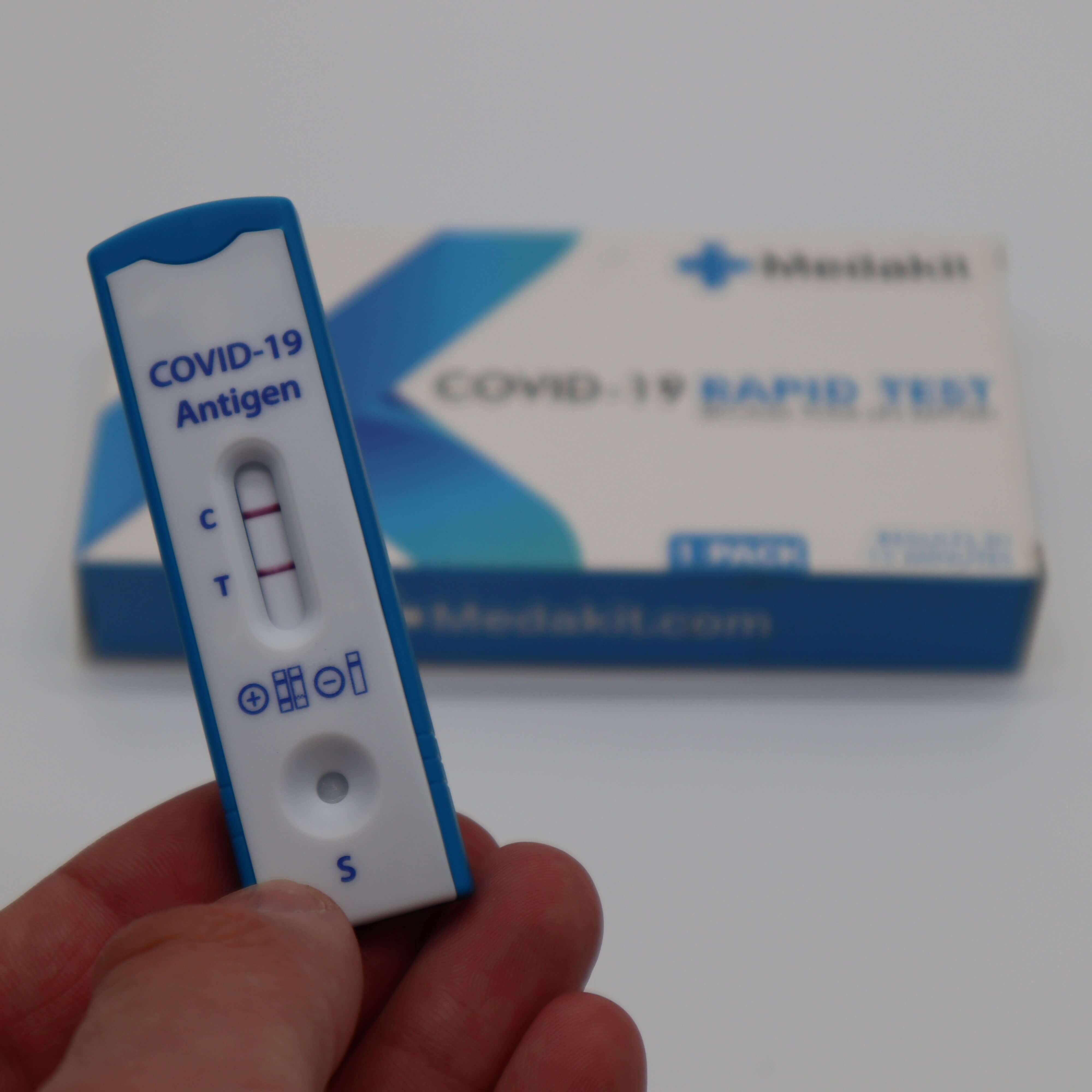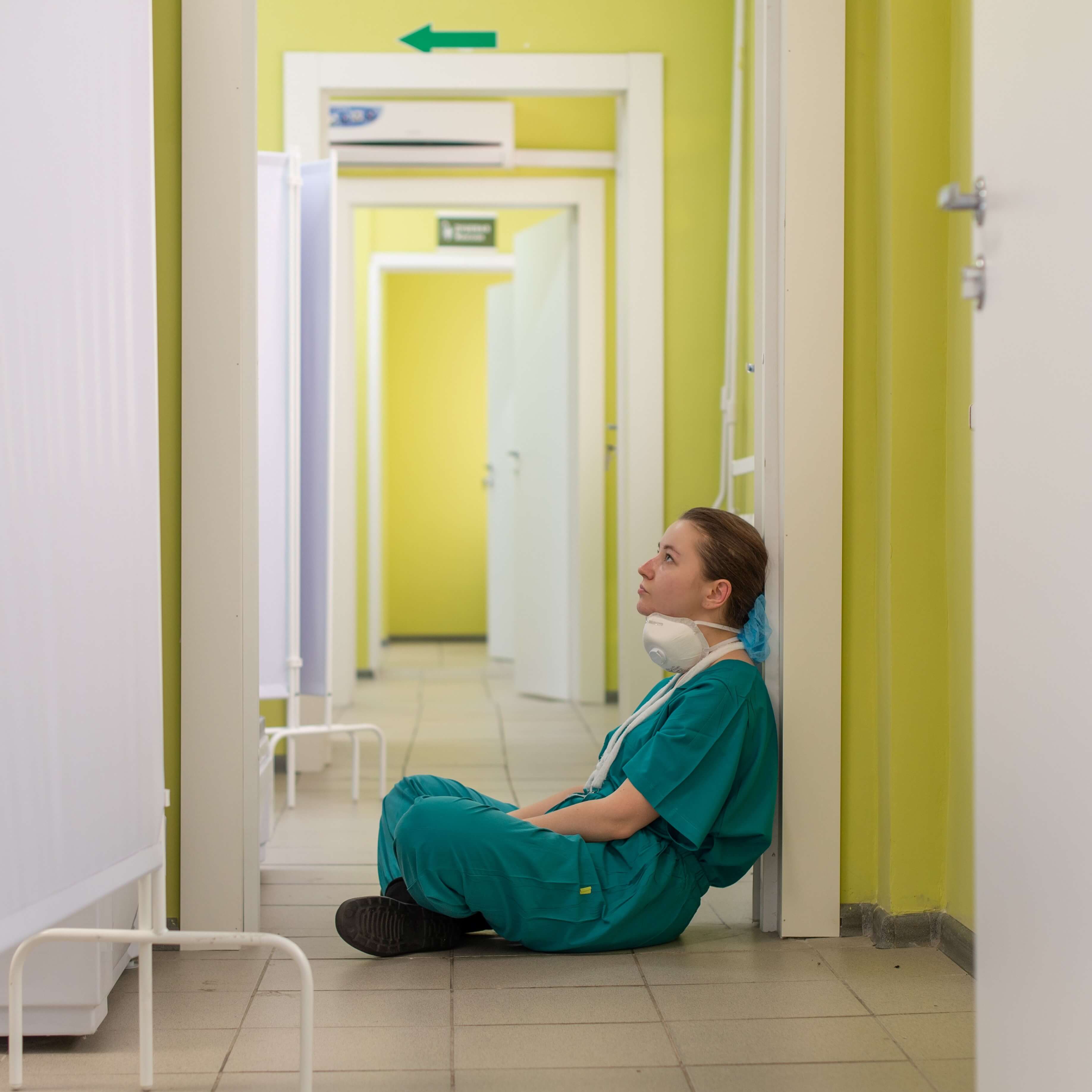
What If I Test Positive for COVID
COVID-19 is a viral infection that has affected millions of lives. It has caused a high rate of mortality, which has made people worry about testing positive for the virus. So, what do you do if you test positive for COVID?
This article will cover what to do if you test positive for COVID, with steps and precautions to take.
Steps to Take If You Test Positive for COVID
If you are wondering, "I have COVID, what do I do?" there are various things you should do.
A positive COVID-19 test means you probably have the virus, even if you don't have any symptoms. This means you can give the sickness to other people.
If your COVID-19 test comes back positive, you should do the following:
Stay Home
Firstly, you should stay home and avoid interacting with other people for five days after you exhibit symptoms or when you test positive (whichever occurs first). Children tend to spread the virus less, so they should avoid contact with other people for only three days. This also applies to people younger than 18 years.
Furthermore, if you know people at a higher risk of catching COVID-19, you should stay away from them for ten days. This is because there is still a possibility that they might get infected. While staying home, avoid social and health care gatherings for ten days.
Even when you are home, taking all the necessary precautions is essential, so you should always wash your hands and wear masks in a room with others.
You should ensure that everyone at home knows about your positive status because COVID-19 can still spread two days before you even start to show symptoms. Inform those who came close to you during this period to look out for mild or severe symptoms.
You are not legally required to self-isolate at home when you test positive, but it is in the best interest of yourself and everyone around you to do so. This is because it reduces the chances of spreading the virus.
Seek Medical Assistance
After positive COVID-19 testing and self-isolating, you should seek medical assistance. Fortunately, various treatments approved by The US Food and Drug Administration (FDA) can help you manage the COVID-19 symptoms.
These treatments have been used by millions of people and help to treat COVID symptoms and reduce the chances of being hospitalized. However, to be eligible for this antiviral treatment, you need to exhibit mild symptoms, which means not being hospitalized or requiring oxygen. These treatments could be oral or intravenous (in your arm).
Some people are classified as vulnerable to COVID-19 due to health conditions. If you are one of those people, you will be sent a letter about what treatments and tests to take. After taking this test, you should report the result, allowing a health professional to prescribe drugs to help you fight the virus and reduce the odds of severe illness.
How to Manage Your COVID Symptoms
COVID-19 symptoms can be uncomfortable for most. However, there are certain things you can do to ensure to stay comfortable during this period.
The most important things to do are to get some sleep and maintain a regular eating and drinking schedule. Avoid stimulants like caffeine and sugar and unhealthful foods like fast food. Soups and warm drinks are excellent for giving you energy and supporting your body as you recover.
Managing High Temperature
If you are struggling with high temperature, here are some things you can do to manage the symptom:
- Ensure you rest and get lots of sleep
- Drink a large quantity of water
- Take a painkiller like ibuprofen and paracetamol. There have been some reports that ibuprofen may worsen COVID, but this report has been disproven by the European Medicines Agency (EMA) and the World Health Organization.
Managing Cough
If COVID-19 is causing you to cough, here are some steps you can take to help you stay comfortable:
- Put some pillows behind your neck and back, or sit up straight in a chair.
- Eat some honey on its own or mix it with some hot lemon water (do not give honey to infants under 12 months)
- Take a few deep, leisurely breaths in and out of your nose and mouth.
- Cough phlegm onto a tissue and throw it away immediately.
How to Eliminate Passing COVID on to Other People

COVID-19 is a viral respiratory infection that can spread quickly if care is not taken, so you should be careful and take precautions to avoid passing it on.
- As soon as you have been exposed to COVID-19, wear a mask. Keep in mind that you can still develop COVID-19 up to 10 days after exposure, so ensure to wear the mask during this period, even when you are at home.
- Avoid places where you know you won't be able to wear a mask.
- Be extra careful when you are around people with a higher chance of getting COVID-19.
- Look out for symptoms such as high fever, shortness of breath, cough, or others. If you exhibit these symptoms, ensure to isolate yourself and run a nose only lateral flow tests, such as the FlowFlex COVID-19 test or Healgen rapid test, immediately. Stay home till you are certain of the test result. If you find out that you have a positive COVID-19 test result, you should take isolation and medication measures.
- Retesting after positive COVID test UK five days after you were last exposed to the virus is important. It would be best if you got tested regardless of whether you have COVID-19 symptoms.
Conclusion
While scary, testing positive for COVID is not something to be worried about. With the right medication and preventive measures, you can effectively treat the infection and stop spreading the virus. Hopefully, you can use this article to do that.


